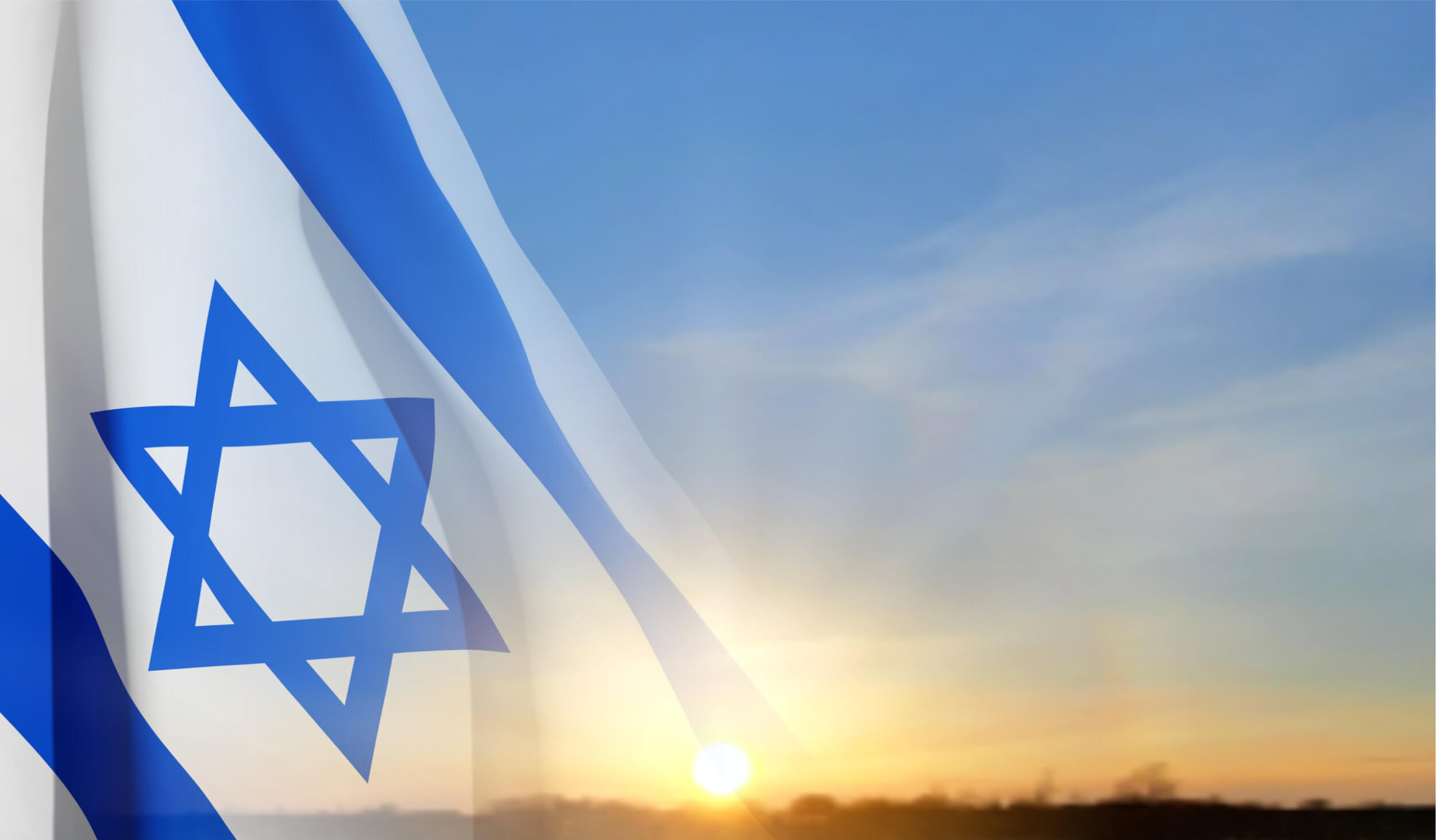Like so many, I have been paying close attention to the terrible events in Israel over the weekend. The terrorist group Hamas has committed horrific acts of violence against innocent civilians, killing indiscriminately and taking hostages. There is no justification for these evil acts. The Israeli government has promised retaliation, which will lead to more destruction. There is little doubt that many Palestinian civilians, who have nothing to do with Hamas, will die in the coming war. The geopolitical implications are significant, as this was clearly designed to disrupt a diplomatic effort to normalize relations between Israel and Saudi Arabia. As a historian who has taught classes on the War on Terror and the Vietnam War, this is the equivalent of 9/11 (times five given the size of Israel’s population), the Tet Offensive, and Pearl Harbor. It has the potential of creating further destabilization of the post-Cold War world order and dividing Western democracies. I write to share how we intend to educate and support students as they process this important global event.
As always, our goal is to help students understand the complexity of the world and to live our values of courage, kindness, and intellectual curiosity. I know that there are a number of CA families who know someone impacted by this act of terror, and there are CA alumni who live in Israel. We also have Muslim families with ties to Gaza and the West Bank. We have Jewish families who, with the rise of anti-Semitism in this country, worry how this global event might impact their children. Likewise, we have Muslim families who have confronted bigotry in post-9/11 America and do not want the actions of an exploitative terrorist group to frame the perception of their identity and religion.
In conversations with Jewish and Muslim families in the past few days, I know all hold sadness for the loss of life and this new round of violence. Our Jewish and Muslim families share the same concern that all parents have: We want our kids to be safe. Our job as a school is to bring together human beings from all different backgrounds and help them understand our interconnectedness. A real challenge is that someone’s identity, although deeply personal, is susceptible to the interpretations and agendas of the larger world. This can be harmful, particularly as it relates to this conflict. Colorado Academy needs to be a place in which we all feel comfortable and safe sharing our own unique identities. Part of this goal can be achieved by students feeling comfortable enough to bring their full selves to CA, and part of this must come from being a community where we don’t assume that someone’s identity is the only determining factor in how they process these tragedies. And, we need to create a space in which our students can learn about the world and tough situations like this.
In the days and weeks ahead, we are going to learn much more about this tragedy and confront a larger war. We are only beginning to understand exactly what happened during the violence and terror that Hamas deployed over the weekend. Undoubtedly, our students are going to be confronted by both information and misinformation online. There are some warnings out there about the possibility that Hamas might use social media to show videos of hostages. Students will have questions about the history of the conflict in the Middle East. Our role is to not be pundits on diplomatic and world events but to support our students on their intellectual journey and ensure we live up to our mission.
We intend to host voluntary sessions for Middle and Upper School in which we will teach about the history of the conflict in the Middle East and provide some perspective for those interested. Division principals will share more with their students in the coming days. (Typically, Angie Crabtree, Brooke Hamman, and our Lower School teachers will address individual questions students might have about news events in age-appropriate ways.) As always, our counseling team is standing by to support students who might be struggling with tough issues. And, given the emotionally charged and disturbing images that are on social media and the news, it is likely some of our students will want to process this event and those that follow.
Here are some resources collected by the National Association of Independent Schools that might be helpful if your child asks questions.
Media Consumption
- Explaining the News to Our Kids (Common Sense Media)
- Helping Children Cope with Frightening News (Child Mind Institute)
- How to Talk to Children about Difficult News (American Psychological Association)
Helping Children Cope with Upsetting News Events
- Helping Children Cope with Terrorism–Tips for Families and Educators (National Association of School Psychologists)
- Tips for Talking With and Helping Children and Youth Cope After a Disaster or Traumatic Event (Substance Abuse and Mental Health Services Administration)
- Talking to Children About Tragedies (American Academy of Pediatrics)
- Helping Children Cope After a Traumatic Event (Child Mind Institute)
- Promoting Compassion and Acceptance in Crisis (National Association of School Psychologists)
- Resilience in a Time of War: Tips for Parents and Teachers of Elementary School Children (American Psychological Association)
At CA, there is no place for discrimination and harassment, and we are not going to shy away from tackling complicated issues in age-appropriate ways. We can teach our students in ways that promote empathy and understanding, without allowing this global event to negatively impact the positive nature of our wonderful community. My heart goes out to the victims and those affected by this horrific event. This is truly heartbreaking and terrifying for Israel’s citizens and Palestinian civilians caught in the middle.
